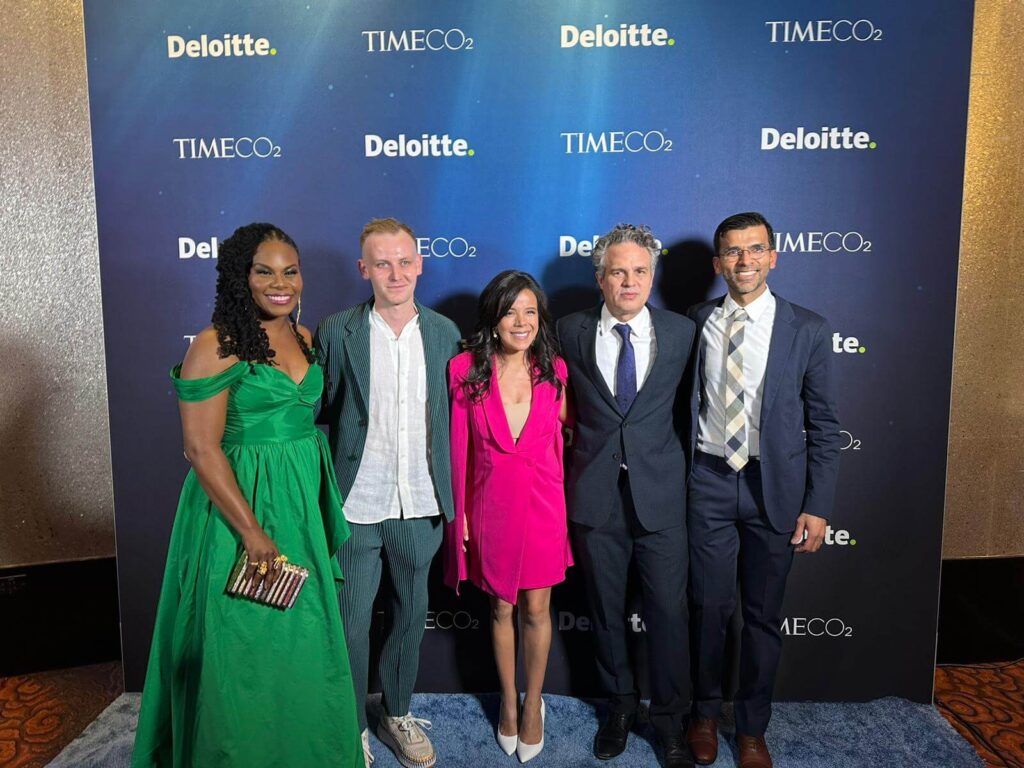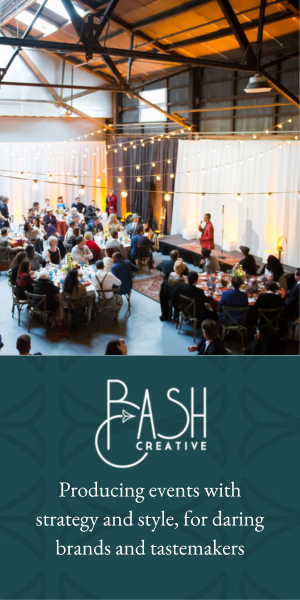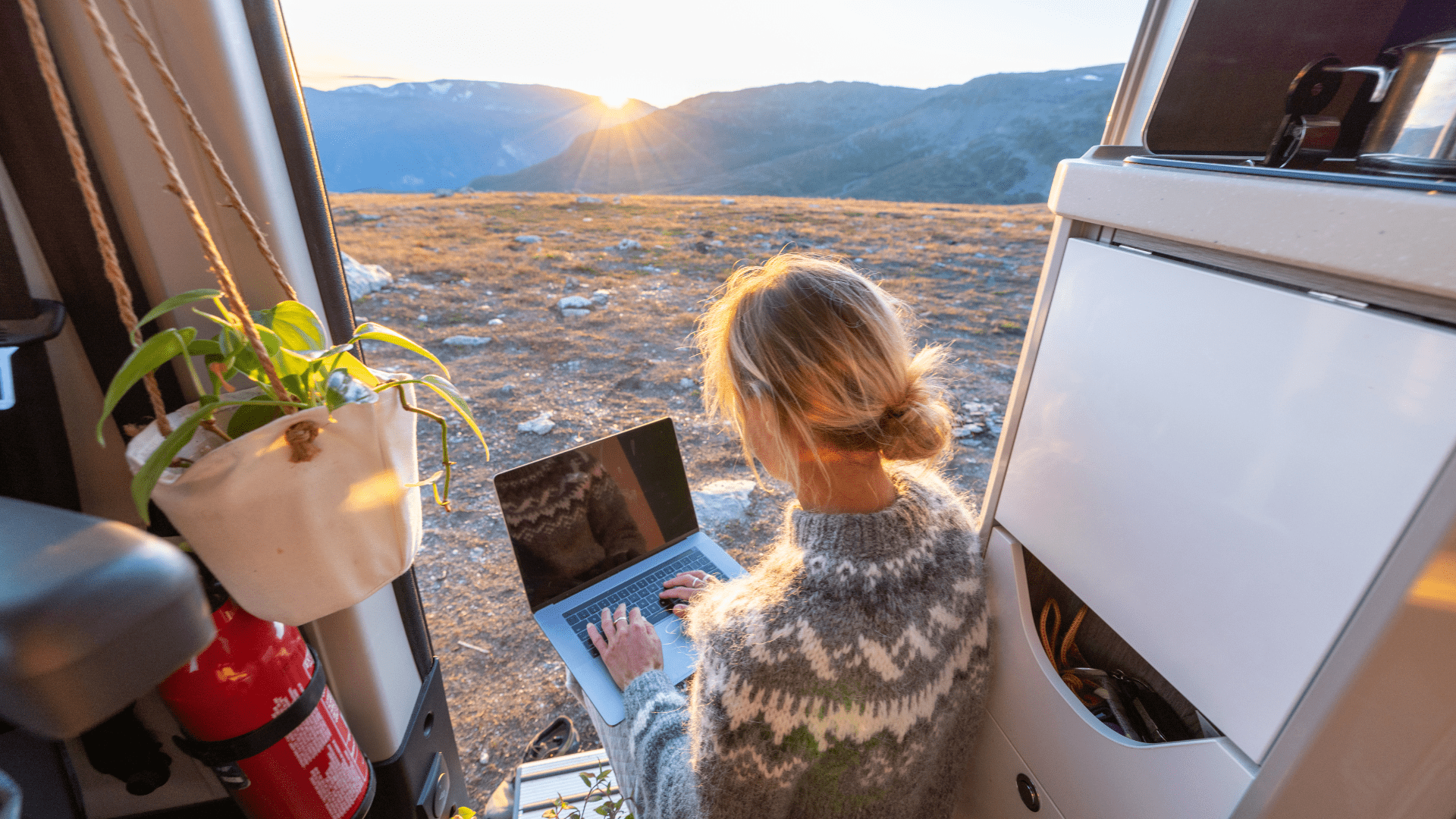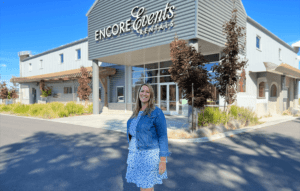Daniela Fernandez is the Founder and CEO of Sustainable Ocean Alliance (SOA). SOA is a non-profit organization that has cultivated the world’s largest network of next-gen leaders, entrepreneurs, advocates, mentors, and partners—all working to create solutions for the greatest threats facing our ocean and environment. Since 2014, SOA has established connections globally, with leaders in 186 countries and has supported over 56 environmental startups. Daniela has been recognized for her work by former U.S. Secretary John Kerry, U.S. President Bill Clinton, and E.U. Commissioner Karmenu Vella. She is an international thought leader, award-winning speaker, Forbes 2019 30 Under 30 Social Entrepreneur, LinkedIn’s Top Voices in Social Impact, World Economic Forum Global Shaper, Expert Advisor to the Earthshot Prize, Member of the Friends of Ocean Action, and more. In this interview for Follow the Founder, Daniela shares her perspective on imposter syndrome and how to stay clear of it.
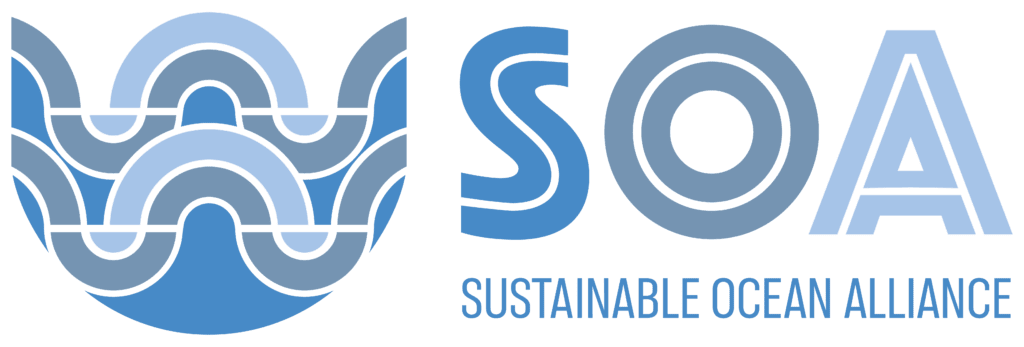
Around 70% of people experience imposter syndrome at some point in their lives [1]. The issue is especially prevalent with entrepreneurs: 87% report they’ve struggled with it during their careers [2]. Imposter syndrome leads to feelings of inadequacy, doubt, and an impending sense that you are not good enough, capable enough, or deserving of your success. We ask Daniela how she approaches imposter syndrome and what her advice would be for those struggling with it.
“I don’t like to use the terminology “imposter syndrome” because I find that by using that, you’re already defining yourself as an imposter. When, in fact, all you may not feel is that you’re ready for X, Y, and Z. If you’re self-aware, you’re less likely to suffer from imposter syndrome. You would know what you’re good at, what you may not be good at. You’re just on your own journey.
“But what I did really well and would encourage, and I do encourage every ecopreneur I work with, is to become incredibly self-aware. When you’re an entrepreneur, you have so many journeys, and so many peaks and valleys. But I tried to be clear with myself early on. I think it was my sophomore year in college, when I thought on one hand, I wanted to be a college student, to make friends and have fun. But at the same time, I was a straight A student. I wanted to keep up my grades, and I wanted to build SOA. I also wanted to sleep. I realized I cannot do all this at the same time.
“I had to decide what was a priority for me. I quickly realized that making friends and having fun was not a priority for me. So I don’t have many friends from college, and I don’t have many memories with friends in college, because I spent the majority of my time in my dorm room, building SOA, or meeting people that would help me build it down the line. I was so certain of what I wanted, I was very intentional of who I was trying to become and what I was trying to do. Once you have clarity, it’s easier. You’re no longer trying to fight what society needs you to be or what other expectations are of you.”
Trying to fit into what your peers, society, or your family want you to be is one of the underlying early causes for imposter syndrome. Pressuring yourself to do what is not right for you will undoubtedly lead to self-doubt and feelings of inferiority. Having clear priorities and being aware of your goals would eliminate some of this. Another aspect of it is the willingness to learn and grow. No matter what you do, there will be things you don’t know. Approaching those with curiosity rather than fear is the secret to surpassing the imposter feelings.
“I had to go into meetings where I was the youngest person. I felt that I wasn’t very well-versed. But it didn’t matter, because I was very candid with myself. I was learning. I was not an ocean expert at the time. I didn’t have a true sense of what I was doing. But I was transparent with myself and with other people. I asked for help. If I got asked a question I didn’t know the answer to, I would admit it and look for the right person to help me with the answer.
“So that’s a journey I would encourage people to go on. Be incredibly transparent with yourself as to what your strengths are. Even now, being a leader, a CEO of a non-profit, I’m very transparent with my team. I tell them that I’m not a manager and I wasn’t trained to be one. I’m an inventor. I’m a visionary. I’m a dreamer.”
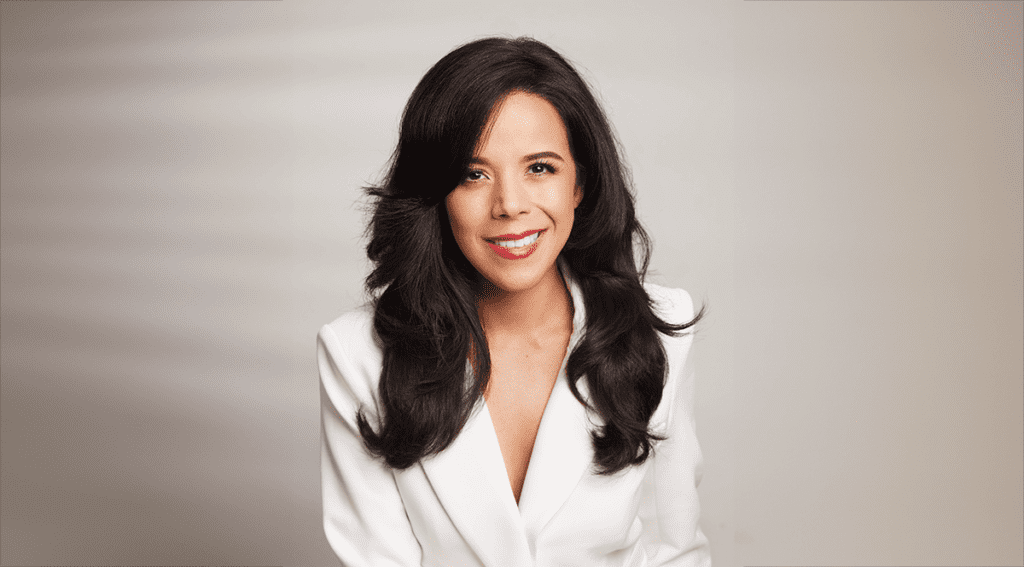
So many people think they need to show up as the expert in the room. When you start your business and you’re a few years in, you do become the expert in the room at times. But you also have to recognize when you should be the learner.
“There are gaps in my own education and knowledge that I admit to and I’m working through. But at the same time I have enough confidence to go into meetings and speak my mind, because I see the value that I bring to the table. I know that I have a different perspective, I know that I now have a collective of startups and youth leaders that I’m representing. There’s nothing imposter-y about that because I’m bringing my own value.
“And I think that anyone brings their own perspective, their own value, you just have to recognize what the value is. So you don’t feel like you don’t belong in the room, or that you shouldn’t be there, or that you have to fake it.
“We’re always growing and evolving, but it doesn’t mean that we’re faking it. We’re just where we are in our journey. As long as you know who you are and what you stand for, that should be enough to carry you through those difficult times of trying to fit in and grow.”
Understanding your value proposition can become your superpower. You’re bringing in something unique, a different perspective and expertise. You will need to learn along the way. So does everyone. The people you want to work with will be supportive, they will recognise and appreciate that authenticity. You can learn from each other. This will create the best working dynamic, the best business, and the most authentic relationships.
We finish our interview with Daniela with a final piece of advice from her.
“One resource that I’ll share is the podcast ‘How I Built This’ by Guy Raz. I’ve listened to over 100 episodes of it. It speaks our language as Founders. If you listen to it, I encourage you to notice that no matter the industry, no one knew what they were doing. And that’s the reality. They had this concept, this hypothesis, they wanted to test out, and they figured it out as they went along.
“The biggest obstacle that people feel sometimes in becoming an entrepreneur is that they feel like they have to find a perfect time or they have to have done these courses in order for them to be ready. You’re never going to be ready. Even being an entrepreneur, you never become ready. I think it’s a matter of making sure that you have the resources at hand to make the steps you need to happen.”
To learn more about entrepreneurship from seasoned and new Founders, join our welcoming and growing community at Follow the Founder. You can also find us on Instagram or LinkedIn.
References:
[1] What to know about imposter syndrome, Conor Murray,
[2] The Data Says You Have Imposter Syndrome. Here are 8 Ways to Beat It, Christine Ruggeri
Want to Keep Reading?
The Big Leap: Gay Hendricks
How self-imposed limits and subconscious fears hold us back, offering strategies to overcome them and step into our “Zone of Genius” for lasting success and fulfillment.

